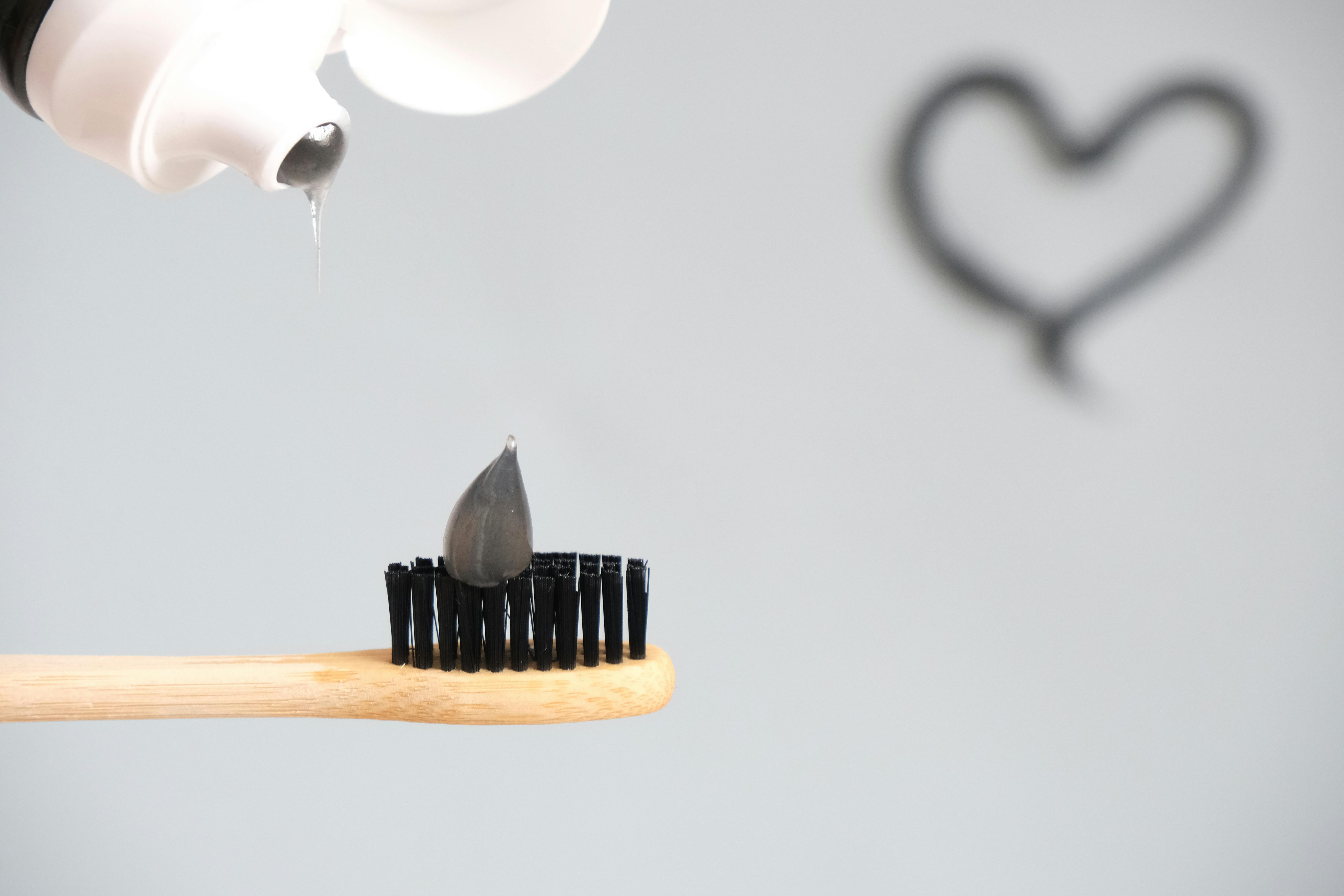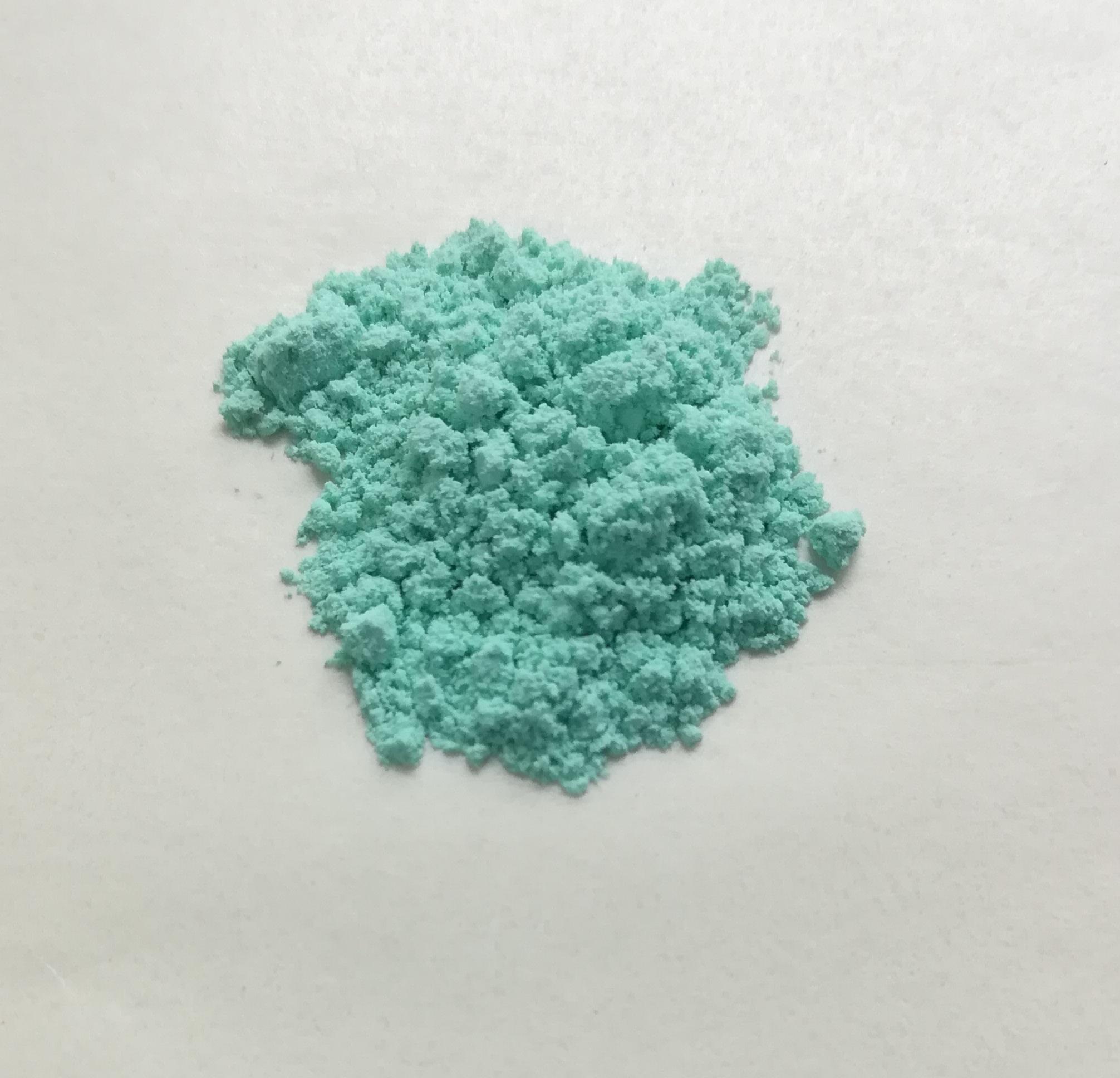Fluoride toothpaste is widely accepted as a safe and effective way to help prevent cavities and maintain good oral health. But for babies, parents may be concerned about the safety of fluoride toothpaste. This article will discuss the safety of fluoride toothpaste for babies, potential risks, and provide tips for usage.Fluoride toothpaste is a type of toothpaste that contains fluoride, which is a mineral that helps to protect teeth from decay by strengthening enamel and preventing the formation of plaque on teeth. It also helps to reduce the number of cavities and other dental problems. Fluoride toothpaste is recommended by dentists as an effective way to maintain oral health.
Is Fluoride Toothpaste Safe For Babies?
Fluoride is an important mineral that helps protect teeth from cavities. It naturally occurs in some water sources, and it can also be added to toothpaste and other dental products. But is fluoride toothpaste safe for babies?
The answer is yes, but with some important caveats. Fluoride toothpaste can be beneficial for babies and toddlers, as long as parents are careful to use it correctly. This means using only a pea-sized amount of toothpaste on the brush, supervised brushing, and rinsing thoroughly afterwards.
Using too much fluoride toothpaste can lead to fluorosis, which is a condition that causes white spots on the teeth. This condition isn’t serious or painful, but it does affect the appearance of the teeth. So it’s important for parents to use only a small amount of fluoride toothpaste when brushing their baby’s teeth.
Parents should also clean their baby’s gums regularly with a moist cloth or gauze pad before any teeth appear in the mouth. This will help remove bacteria and keep their mouths clean while their teeth are coming in.
Overall, fluoride toothpaste can help protect babies’ teeth from cavities if used correctly and supervised by an adult. The American Academy of Pediatric Dentistry recommends introducing fluoride toothpaste to children starting at age two or three, but parents should always consult their child’s dentist before beginning a brushing routine with any kind of toothpaste.
Pros of Fluoride Toothpaste For Babies
Fluoride toothpaste can be beneficial for babies as it helps protect against tooth decay. By using fluoride toothpaste, the amount of minerals in the teeth is increased, which help to rebuild the enamel and make it stronger. Fluoride also helps to reduce the number of bacteria that can cause cavities, which can be especially beneficial for young children who are just beginning to learn how to brush their teeth. Additionally, fluoride toothpaste is often flavored with a pleasant taste that may help encourage children to brush their teeth more often.
Cons of Fluoride Toothpaste For Babies
Although there are benefits to using fluoride toothpaste for babies, it is important to use caution when administering it. Too much fluoride can lead to fluorosis which is a condition that causes discoloration or staining on the teeth. Additionally, due to its strong flavor, some children may not like brushing their teeth with fluoride toothpaste and may become discouraged from brushing altogether. To avoid these issues, it is important that parents only use a pea-sized amount of toothpaste and supervise their child while brushing.
At What Age Should Babies Start Using Fluoride Toothpaste?
It is important to start good oral hygiene habits early in life, and that includes brushing teeth with fluoride toothpaste. The American Dental Association (ADA) recommends that children begin brushing their teeth with toothpaste containing fluoride as soon as their first tooth erupts. This usually happens around 6 months of age.
When using fluoride toothpaste, parents should monitor the amount used and ensure that young children do not swallow it. The ADA recommends a pea-sized amount for children under 3 years of age, and a pea-sized amount for those 3 or older. Children should be supervised when brushing with fluoride toothpaste until they are able to do it themselves, which is usually around age 7 or 8.
It is also important to note that some non-fluoride baby toothpastes are available for very young children who are at risk of swallowing too much toothpaste. These toothpastes can be used until the child is old enough to understand proper usage of fluoride toothpastes and not swallow it.
Starting a good oral hygiene routine early in life will help promote healthy teeth and gums throughout childhood and into adulthood. Regular visits to the dentist should also begin at an early age – usually around 1 year old – to ensure proper dental care is provided from an early age.
Overall, parents should start using fluoride toothpaste on their babies’ teeth as soon as the first one erupts – typically when they are around 6 months old. Parents should also monitor the amount used and ensure children do not swallow it until they are old enough to understand its proper use, usually around 7 or 8 years of age.
Alternatives to Fluoride Toothpaste for Babies
There are many alternatives to fluoride toothpaste for babies that can help keep their teeth and gums healthy. Fluoride is an important mineral for dental health, but it can be toxic if ingested in large quantities. For this reason, many parents look for alternatives when it comes to brushing their baby’s teeth.
One option is a toothpaste made with xylitol, a natural sweetener that has been shown to reduce the number of cavity-causing bacteria in the mouth. Xylitol toothpastes are safe for babies and can be used from the time they first get teeth.
Another option is a natural toothpaste made with herbs and essential oils. These natural ingredients help to soothe the gums and fight bacteria without any harsh chemicals or fluoride. Some popular ingredients include chamomile, peppermint, and tea tree oil.
You can also make your own baby toothpaste at home using simple ingredients like baking soda, coconut oil, and essential oils. This homemade toothpaste doesn’t contain fluoride but it still helps clean the teeth and freshen breath naturally.
Finally, there are kids’ toothpastes that don’t contain fluoride but still provide benefits like cavity protection through other natural ingredients like xylitol or calcium phosphate. These types of toothpastes may be more expensive but offer an effective way to protect your baby’s teeth without using fluoride-based products.
No matter which alternative you choose, it’s important to brush your baby’s teeth twice daily with a soft-bristled toothbrush or finger brush specifically designed for infants and toddlers. Be sure to use only a pea-sized amount of toothpaste on the brush each time you brush your baby’s teeth so as not to overwhelm their mouth with too much product at once.
Remember that regular dental checkups and good oral hygiene habits are essential for keeping your baby’s teeth healthy from an early age!

What Are the Risks of Using Fluoride Toothpaste for Babies?
Fluoride toothpaste is widely recommended by dentists and health professionals for adults and children over two years old, but many parents are concerned about safety when it comes to fluoride toothpaste for babies. While it is important to keep baby teeth clean, there are some risks associated with using fluoride toothpaste for babies that parents should be aware of.
First and foremost, fluoride can be toxic if ingested in large quantities. Babies are especially prone to swallowing toothpaste because they lack the coordination to properly spit it out. This increases the risk of fluorosis, which is an irreversible condition caused by overexposure to fluoride that results in mottled or discolored enamel on baby teeth. To reduce the risk of fluorosis, parents should only use a pea-sized amount of toothpaste on their baby’s brush and make sure they spit out any excess while brushing.
Another potential risk associated with using fluoride toothpaste for babies is that if too much is used or swallowed, it can cause stomach discomfort or nausea. Parents should monitor their baby’s brushing habits closely and make sure not to let them use too much toothpaste at once. Additionally, regular visits to the dentist can help ensure that your baby’s teeth have adequate protection without putting them at risk for fluorosis or other side effects from overexposure to fluoride.
How to Choose the Best Fluoride Toothpaste for Babies
Choosing the right fluoride toothpaste for your baby’s first teeth is an important decision. While there are many different types of fluoride toothpaste available, it’s important to choose one that is specifically designed for babies. Baby toothpastes are specially formulated to be safe and gentle on young teeth and gums, and they contain a lower concentration of fluoride than regular adult toothpastes. Here are some tips for choosing the best fluoride toothpaste for babies:
First, look for a toothpaste that is specifically labeled as safe for use on babies’ teeth. These products typically contain a low concentration of fluoride, which helps prevent cavities without causing irritation or damage to delicate baby teeth. In addition, look for a toothpaste that is free from artificial flavors, colors, and other additives. These ingredients can be harsh on a baby’s sensitive gum tissue.
Next, select a toothpaste with an appropriate flavor. Many baby-specific products come in flavors like bubblegum or fruit punch to make brushing more enjoyable for your little one. However, avoid any products with added sugar as this can lead to cavities.
Finally, it’s important to select a fluoride-containing product that has been approved by the American Dental Association (ADA). This ensures that the product meets certain safety standards and contains the right amount of fluoride to help protect your baby’s teeth from decay. Always read the label carefully before selecting any type of oral care product.
By following these tips, you can easily find the best fluoride toothpaste for your baby’s first teeth. Keep in mind that it’s also important to brush regularly and visit your dentist regularly so you can ensure that your child receives proper oral care from an early age.

Conclusion
In conclusion, fluoride toothpaste is safe for babies as long as it is used in the recommended amounts. Babies should only use a tiny pea-sized amount of toothpaste when brushing their teeth. Parents should always supervise their child’s brushing and spit out the toothpaste after they are done. Fluoride is an important mineral for dental health and can help protect against cavities and decay. If parents are unsure if fluoride toothpaste is safe for their baby, it is best to consult their pediatric dentist or doctor before using it.
Overall, fluoride toothpaste is a great way to help protect your baby’s teeth from cavities and decay. It is important to use the right amount and make sure that your baby spits out the toothpaste after brushing. By following these guidelines, you will help ensure that your baby has healthy teeth now and in the future.




